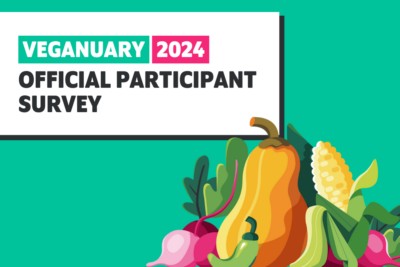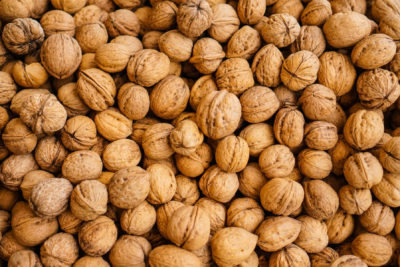Quite the opposite. A plant-based diet cuts the risk of developing heart disease, type 2 diabetes and some kinds of cancers, and vegans typically have lower cholesterol levels, lower blood pressure and are slimmer than omnivores.
Processed red meat has now been classified as a Group 1 carcinogen, putting it in the same category as smoking and asbestos. Meat is said to be ‘processed’ if it has undergone salting, curing, smoking, fermentation or any other process to enhance its flavour or improve its preservation. This group includes bacon, hot dogs, ham, sausages, salami, corned beef, biltong, beef jerky, canned meat and meat-based sauces. The evidence is clear: these processed red meats can cause colorectal cancer, and there is also some evidence that connects them to stomach cancer, too.
Unprocessed red meat has been classified as Group 2A, which means it is ‘probably carcinogenic to humans’. There are clear associations between eating red meat and developing colorectal cancer, and also evidence of links to pancreatic and prostate cancers.
Processed red meat is also in the frame for contributing to heart failure. A study published in the American Heart Association’s journal Circulation: Heart Failure found that for every 50g serving of processed meat (about the size of a hot dog), heart failure risk increased by 8 per cent, and the chances of dying from heart failure increased by 38 per cent.
And it’s not just processed meat, again all red meat is linked to heart disease. Dr Hazen, Vice Chair of Translational Research for the Lerner Research Institute led one study. He concluded: ‘These studies do offer some powerful reasons to consider dropping or limiting red meat.’
Dr Dean Ornish suggests dropping it completely. He is a Harvard-trained physician who showed 20 years ago that a plant-based diet can not only protect the heart from further damage, it can reverse heart disease. Since then, research has continued to show what he discovered; plant-based foods make a happy, healthy heart.
Meat consumption is linked to diabetes, too. A study by the Physicians Committee for Responsible Medicine found that meat-eaters had a significantly higher risk of developing diabetes compared with people who avoided meat. Meat’s effect on diabetes risk appears to be due to its content of saturated fat and heme iron, among other factors. The authors suggest that all meat-eating should be considered a risk factor for developing type 2 diabetes.
While some people think that switching to white meat is the answer to avoiding these issues, the PRCM says ‘feces, toxic chemicals, superbugs, carcinogens, and cholesterol are likely hiding in every bite they eat’. These filthy carcasses are likely to contain bacteria that can kill. In the UK, three-quarters of chicken carcasses are contaminated with campylobacter, which can cause diarrhoea, cramping, abdominal pains, vomiting and fever. 280,000 people a year are made sick by campylobacter, and 100 people die.
In Canada, 145,000 people get sick from this bug each year and in the US, it is thought to affect 1.3 million people a year. Salmonella is another nasty bug that proliferates in chicken meat, as well as in eggs and unpasteurized milk. In the US, it affects one million people and kills 380 people each year. In Canada, more than 900 people are hospitalised, while in the UK that figure is 2,500. Children and the elderly are particularly vulnerable.
Why take the risk? All the nutrients you need can be found on a vegan diet. Eating plant-based foods reduces your risk of heart disease, type 2 diabetes, obesity, food poisoning and cancers.












